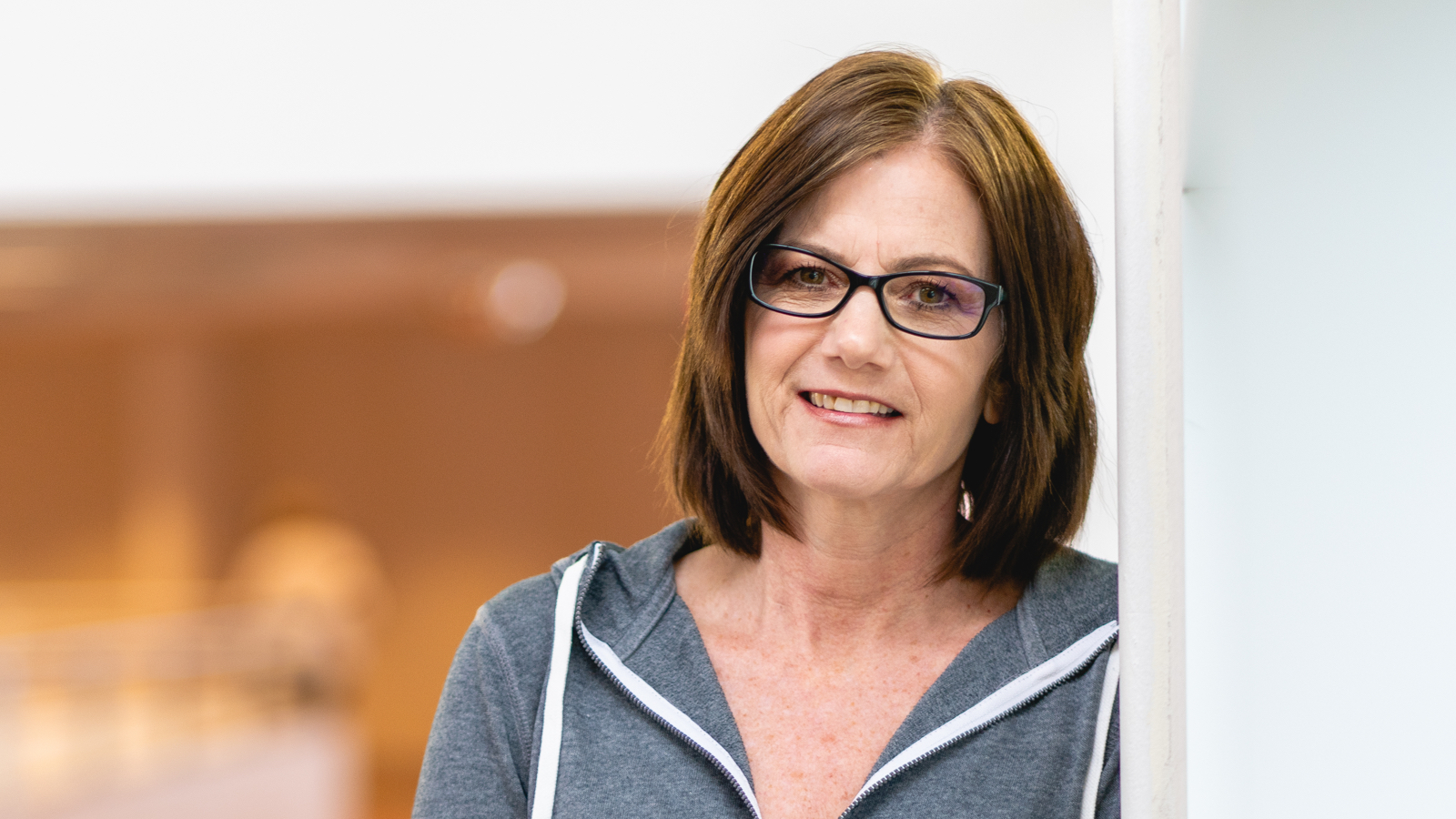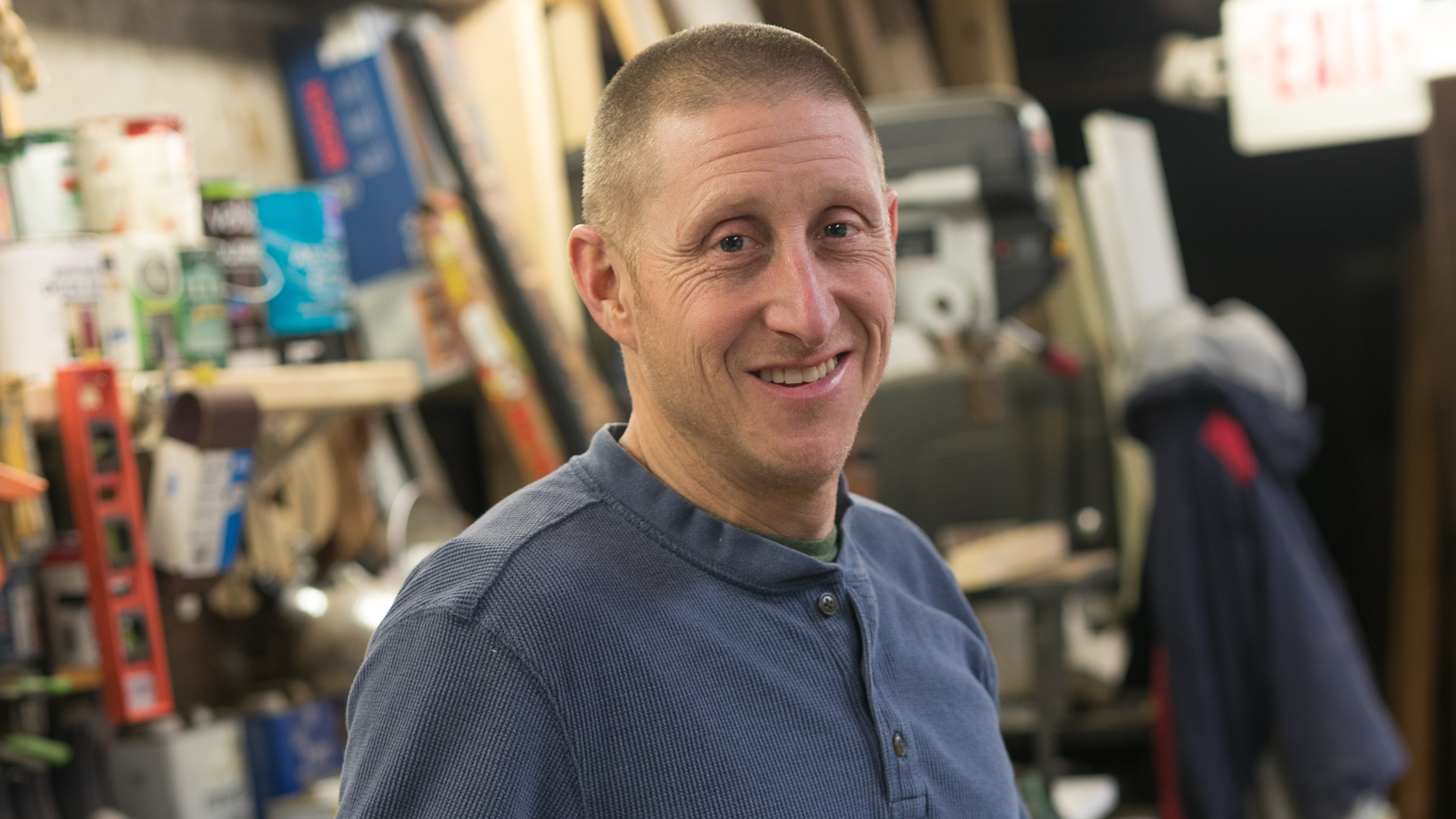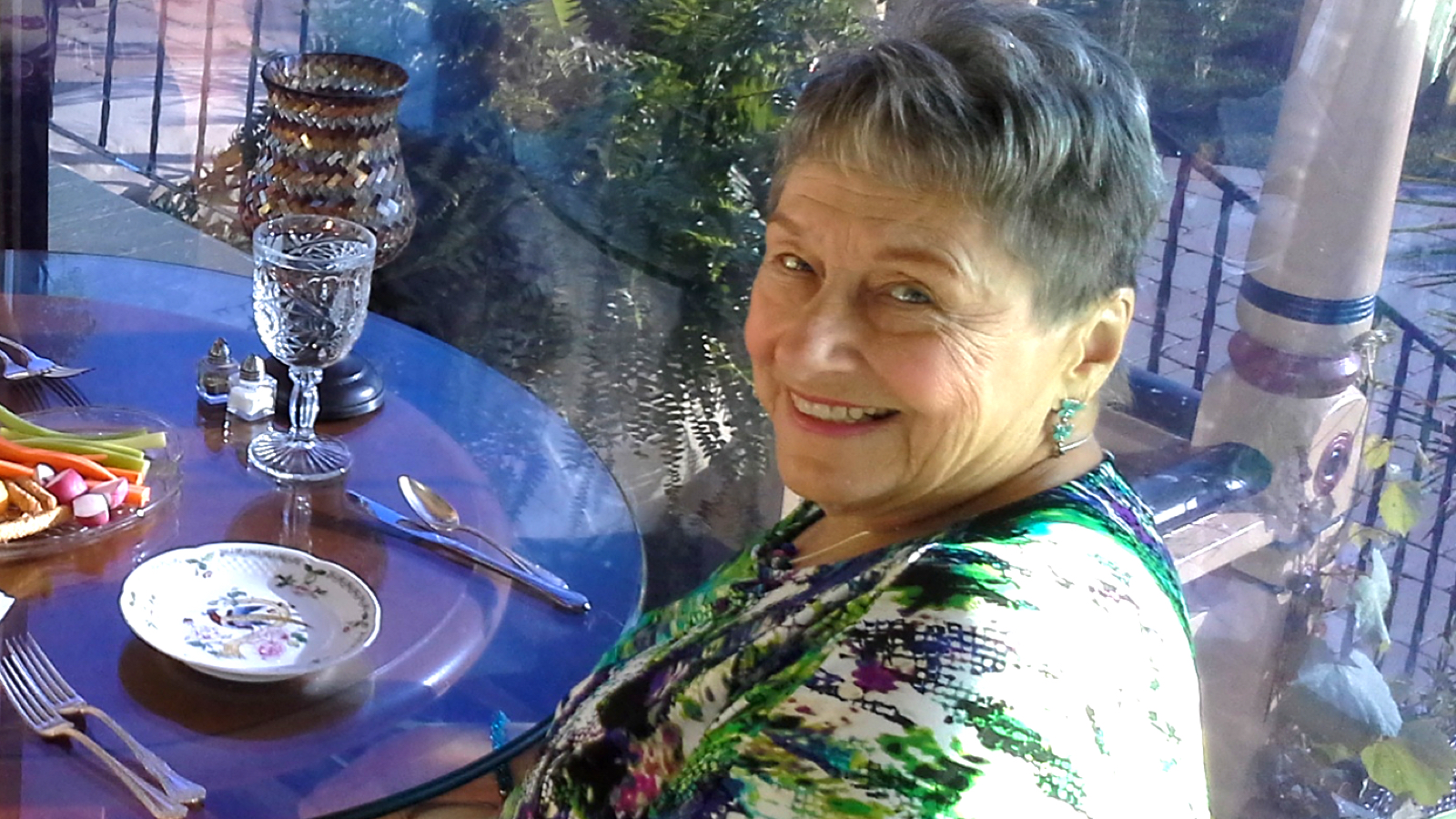Butt Seriously.
When it comes to colorectal cancer, early detection could save your butt—and maybe even your life.
Screening and Prevention
Many people don’t realize that colorectal cancer is highly preventable. The American College of Gastroenterology recommends colonoscopy screenings beginning at age 50 for both men and women. African Americans should begin screening at 45. Unlike other cancer screenings which can only detect a problem, a colonoscopy could prevent colorectal cancer by removing precancerous polyps during the exam. Removal of polyps prevents up to 90 percent of colorectal cancer and, with appropriate follow-up, the chance of death from colorectal cancer is further reduced.
Risks
Colorectal cancer is the second-leading cause of cancer deaths in the U.S. Early colorectal cancer usually has no symptoms. Warning signs typically occur with more advanced disease and may include rectal bleeding, blood in the stool, a change in bowel habits and cramping pain in the abdomen. You could be at higher risk if you:
- Are over age 50
- Are African American or of Eastern European Jewish descent
- Have a personal history of colorectal polyps, previously treated colorectal cancer or inflammatory bowel disease
- Have a personal history of radiation to the abdomen (belly) or pelvic area to treat a prior cancer
- Have Type 2 diabetes, are obese or are physically inactive
- Eat a diet that’s high in red or processed meat and/or diets low in calcium, fruits, vegetables and whole-grain fiber
- Are a smoker or drink alcohol frequently
Diagnosis
Colonoscopy
Every 10 years or as recommended
Colonoscopies have long been considered the gold standard for colorectal cancer screening and detection. Because it lets doctors see the entire colon, it’s the best way to detect and remove polyps—helping prevent colorectal cancer.
Both our hospital GI Center and Endoscopy Center in Arlington Heights use state-of-the-art diagnostic technology and high-definition imaging. Because of this, our detection rate for polyps is 57 percent, well above the national benchmark of 25 percent.
Our facilities are designed for efficiency and patient privacy. The average time patients spend registering, undergoing and recovering from a colonoscopy at our facilities is 2 ½ hours.
Treatments
Treatments vary based on the size, location and if the cancer has spread. The three primary treatment options include surgery, chemotherapy and radiation therapy. Our comprehensive colorectal cancer program gives you the care you need close to home. Our team includes board-certified gastroenterologists, a board-certified colorectal surgeon and a dedicated colorectal cancer patient navigator. NCH offers advanced treatment for colorectal cancer including:
Expertise
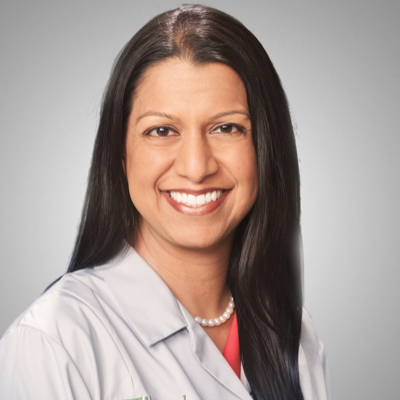
Ami Shah Behara, M.D.
Gastroenterologist
Dr. Behara earned a medical degree from Northeast Ohio Medical University. She completed an internal medicine internship and residency, in addition to a gastroenterology fellowship, at Rush University Medical Center.
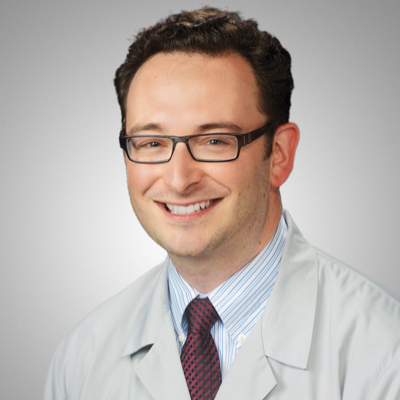
Aaron Benson, M.D.
Gastroenterologist
Dr. Benson earned a medical degree from the University of Illinois College of Medicine. He completed an internal medicine residency at Beth Israel Deaconess Medical Center in Boston, followed by a gastroenterology and hepatology fellowship at Northwestern University Feinberg School of Medicine.
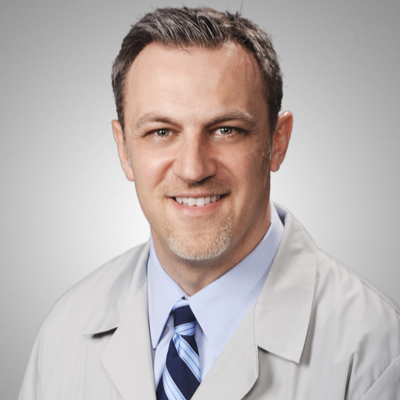
Nikos Christopoulos, M.D.
Gastroenterologist
Dr. Christopoulos earned a medical degree from the Chicago Medical School, Rosalind Franklin University of Medicine and Science. He completed an internal medicine residency and a gastroenterology/ERCP and capsule endoscopy fellowship at the University of Illinois College of Medicine at Chicago.
Expertise
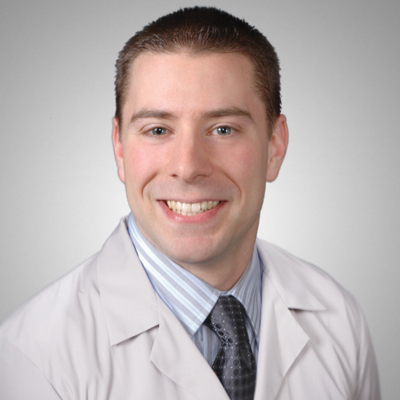
Michael Hersh, M.D.
Gastroenterologist
Dr. Hersh earned a medical degree from the State University of New York, Stony Brook School of Medicine. He completed an internal medicine residency and a gastroenterology fellowship at Barnes-Jewish Hospital at Washington University School of Medicine in St. Louis.
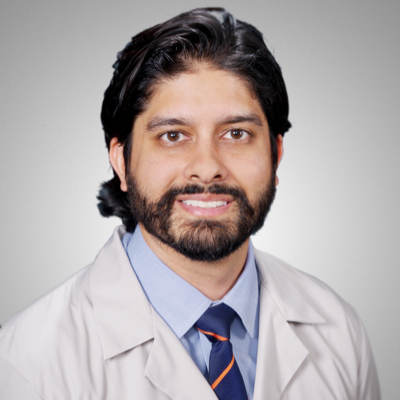
Sandeep Mahajan, M.D.
Gastroenterologist
Dr. Mahajan earned a medical degree from Ross University School of Medicine in Dominica, West Indies. He completed an internal medicine residency and a gastroenterology fellowship at MedStar Georgetown University Hospital / Washington Hospital Center in Washington, D.C.
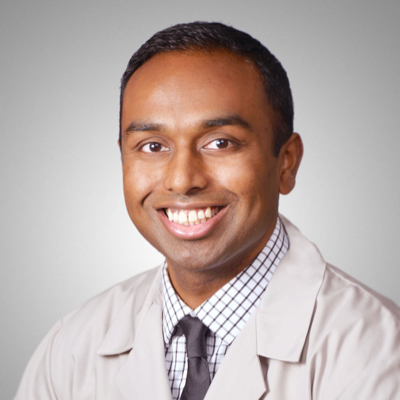
Mayur Parepally, M.D.
Gastroenterologist
Dr. Parepally earned a medical degree from Temple University School of Medicine in Philadelphia. He completed an internal medicine residency at University of Illinois College of Medicine at Chicago and a gastroenterology fellowship at Loyola University Medical Center.
Expertise
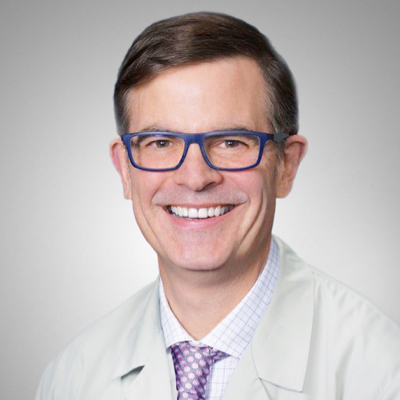
Willis Parsons, M.D.
Gastroenterologist
Dr. Parsons is the Medical Director at the GI Center at NCH. He specializes in advanced GI endoscopic procedures. Dr. Parsons completed a residency and fellowship at Brigham and Women’s Hospital in Boston. He is also the Director of the Center for Advanced Therapeutic Endoscopy, located in the Busse Center building on NCH’s campus.
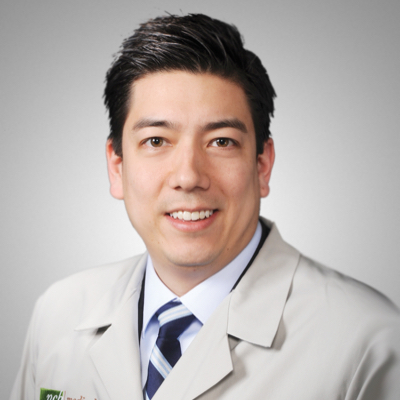
Benjamin VanCura, M.D.
Gastroenterologist
Dr. VanCura earned a medical degree from Jefferson Medical College at Thomas Jefferson University in Philadelphia. He completed an internal medicine residency and a gastroenterology fellowship at the University of Illinois College of Medicine at Chicago.
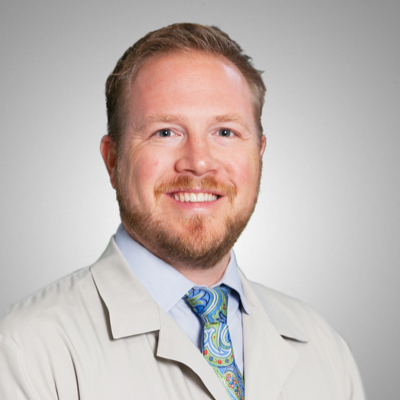
Scott Pinchot, M.D.
Colorectal Surgeon
Dr. Pinchot earned a medical degree from the Medical College of Wisconsin in Milwaukee. He completed a surgical residency at the University of Wisconsin Hospital and Clinics in Madison in addition to a colorectal surgery fellowship at Lahey Clinic in Burlington, Massachusetts. He specializes in minimally invasive surgeries to treat colon and rectal cancer, diverticulitis, IBD and benign conditions of the anorectum.
Request an appointment
Call 847-618-2888 or fill out this form to schedule a colonoscopy today.
If you have other gastrointestinal issues including acid reflux, Crohn’s disease, ulcerative colitis, Barrett’s esophagus, pancreatitis or something else, please fill out this form to request an appointment with a GI expert. We will follow up with you within 48 business hours to schedule an appointment.

